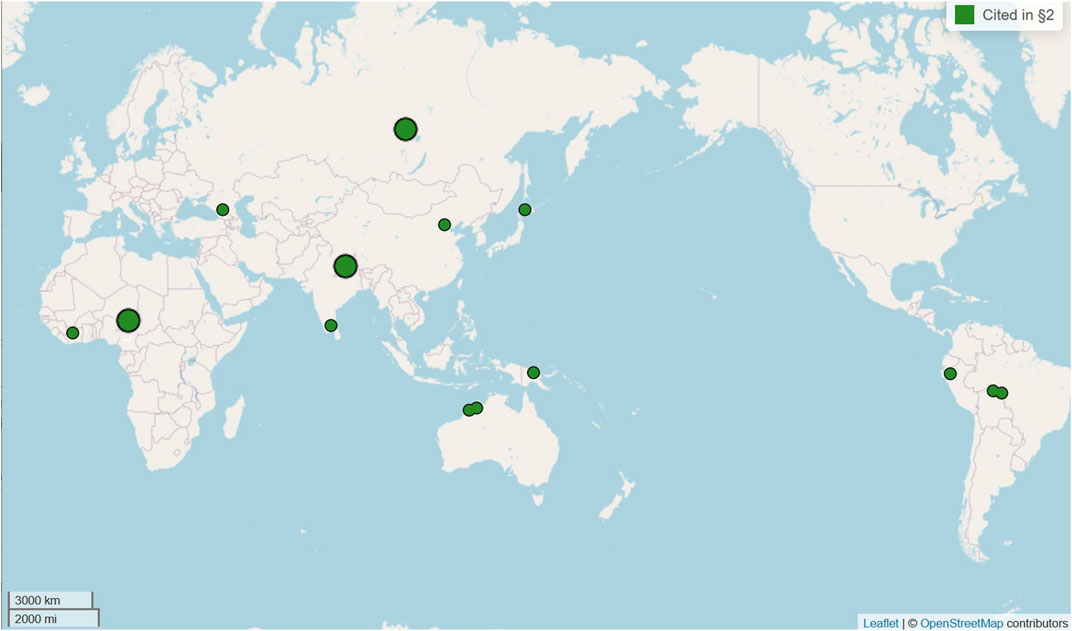


Ron Zanazzo sorts through items that aren’t recyclable. They put things on their curb that garbage men can’t take, seeming to hope, beyond reason, that the items will magically disappear. They leave recycling in the clear bags marked for recycling, but put throw trash in those bags, too. They buy trash bags from other places and then leave garbage in public trash cans or out in front of other people’s houses to avoid fees. They lost their fight, but are rebelling in other ways. Thinking about whether you can recycle yogurt cups, plastic bags and textbooks, then cleaning and folding them appropriately, and then putting them in the correct bins is not. Throwing everything into the garbage and waiting for someone to haul it away is easy. Malden residents have not, as a whole, loved this idea.

How Housing Policy Is Failing America's Poor.No amount of advertising or promotion can get that kind of result.” More From “Now they’re part of it, because it’s in their best interest. “Before you had this bag-based program, you were counting on residents to be volunteers in this process,” said Mark Dancy, the president of WasteZero, which advises on Pay-as-You-Throw programs for Malden and other cities. Another Massachusetts city, Worcester, saw solid-waste tonnage drop 47 percent in the first year it implemented the program, to 22,810 tons from 43,288 tons. Malden’s trash tonnage was cut in half between 20, when it implemented the program. This has saved the city money, since it costs less to have less trash hauled.

The city picks up recycling and yard waste for free. Since residents have to now pay for every garbage bag they use, the thinking goes, they’ll recycle and compost more. The municipal garbage trucks won’t pick up any trash that’s not in marked Malden bags, which cost $1 for a 15-gallon bag, $2 for a 33-gallon bag. Malden is one of about 1,200 cities nationwide that has implemented so-called Pay-as-You-Throw programs, which charge residents for garbage bags. Zanazzo is a city employee in Malden, Massachusetts, which, as a part of a drive to be more environmentally friendly, now charges residents for their trash (one of many approaches that cities are trying out in order to cut down on trash). “In the winter it’s not as bad because it’s not maggot-infested and all of that.” “In the summer, it can be pretty disgusting,” he told me, matter-of-factly. This is indelibly clear to Ron Zanazzo, who spends mornings rifling through garbage bags, looking for envelopes or documents that can identify to whom the trash belongs. MALDEN, Mass.- Saving the planet can be a messy proposition.


 0 kommentar(er)
0 kommentar(er)
